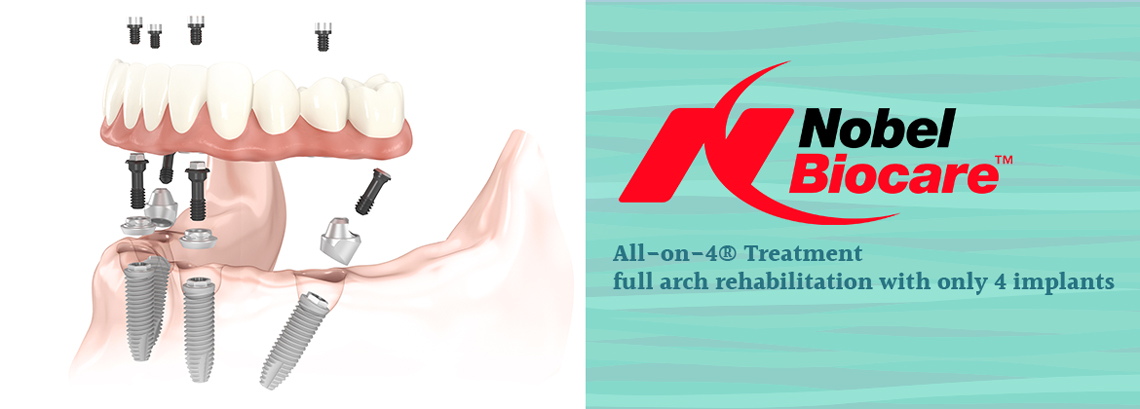Wisdom Teeth Extraction
To preserve our patients’ wellbeing and prevent the need for more complex treatment in the future, our Winter Park oral surgeon, Dr. Juan Samaniego, frequently provides wisdom teeth extraction at our convenient surgery practice. Whether you have been referred by your dentist or are calling to learn if you need extraction and what would be involved, we are delighted to serve you. An expert evaluation, including x-rays, will lead to knowledge about your exact needs, the extraction techniques that are recommended, and a discussion of sedation options. Your initial visit for this consultation is free of charge.
Why Do Wisdom Teeth Require Extraction?
Between ages 17 and 25, most people’s third molars, or wisdom teeth, begin to erupt through the gums. People typically have four of these teeth, although some may have none and others may have five or more. Wisdom teeth are relics of human history, left over from a time when man had a larger jaw and needed more molars to account for tooth loss. In modern times, however, wisdom teeth often create numerous oral health issues.
Dr. Samaniego recommends that most patients remove their wisdom teeth for a number of reasons. Many patients’ jaws are too small to hold third molars, causing these teeth to be impacted, meaning that they come in at an angle or remain trapped beneath the gums. Patients often experience sore, aching gums as these teeth attempt to erupt properly but cannot. In addition, impacted wisdom teeth can cause one or more of the following oral health issues concerns:
- Crowding, malocclusion (misaligned bite), and other orthodontic problems.
- Traumatic damage to surrounding bones and teeth.
- Cyst (liquid or pus-filled growth) development around the affected molars.
- Gum tissue damage. Impacted wisdom teeth often cause flaps of tissue to form around them. These can be uncomfortable and may harbor harmful bacteria.
- Periodontal (gum) disease, which could allow toxins to deteriorate surrounding tissues and, in some cases, lead to systemic infection.
Even if your jaw has sufficient room to accommodate your wisdom teeth and they appear to be erupting at a straight angle, Dr. Samaniego may recommend extraction. Given their location in the back four corners of the mouth, third molars are notoriously difficult to brush and floss, making them much more susceptible to decay, gum disease, and other dental issues. Dr. Samaniego typically advises young adults to have their wisdom teeth extracted before they become problematic and interfere with school, work, or daily life.
Who is a Candidate of Wisdom Teeth Extraction?
You may qualify for wisdom tooth extraction if:
- You experience discomfort at and surrounding your third molars
- You notice swelling, redness, a foul taste, or other symptions of infection near your wisdom teeth
- Dr. Samaniego determines that your wisdom teeth are impacted (often by taking a digital x-ray).
- You are in good general health, able to undergo anesthesia and heal properly from this procedure. We typically recommend that patients undergo wisdom tooth removal before age 25 since this usually allows them to heal more successfully and quickly.
Dr. Samaniego can examine your mouth, run diagnostic tests, review your dental record, and discuss your concerns with you to determine if you are eligible for wisdom tooth extraction.
The Wisdom Teeth Extraction Procedure
The technique Dr. Samaniego uses to remove your wisdom teeth depends on their condition. If your third molars are completely erupted, he may perform a simple extraction, using forceps to loosen and lift your tooth out of your jaw. However, if your wisdom teeth are impacted, not fully erupted, or otherwise damaged, Dr. Samaniego may need to provide a surgical extraction. During this more involved procedure, he will make an incision into your gums, break apart your teeth as necessary, and remove them from the jaw. Simple extractions may require just local anesthesia, but we often recommend sedation for the surgical technique.
Recovering from Wisdom Teeth Extraction
During the day of and after your procedure, you will need to get plenty of rest and eat only soft foods, avoiding sucking through a straw or putting undue pressure on your tissue. Swelling should reduce within a few days. Three to five days after your procedure, you
should be able to return to normal activity. Most patients heal completely within two weeks.
Exparel Long-Lasting Local Analgesic
Dr. Samaniego uses Exparel long-lasting local anesthetic to block nerve impulses for the first three days after surgery. This first three days is the period when soft tissue swelling can cause the most pain. Exparel eliminates the need for opiod based pain killers.
Schedule a free initial consultation appointment.
To inquire about wisdom teeth extraction and schedule your complementary initial consultation call Central Florida Institute of Oral Surgery and Dental Implants in Winter Park, FL today.







